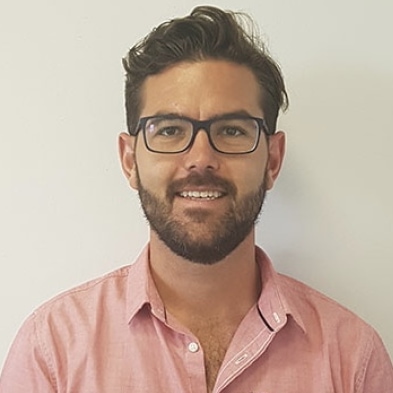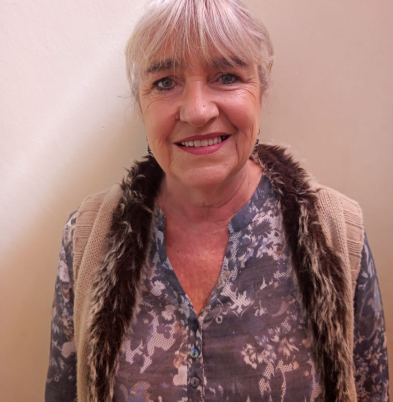
It will require Courage, Passion, and Hard Work
Message from the Team
In the midst of power shortages, high unemployment, and a drastic increase in waste generation causing more risk for our environment, Waste Transformation 4 Energy aims to federate all stakeholders involved in the WtE industry value chain on what could be a real game changer for Africa. Our prime objectives are to educate, promote and leverage the knowhow we offer to replicate the European multi-billion dollar WtE industry for the African continent.
OUR VISION
We believe in a well-functioning circular economy where quality recycling is steadily increasing, landfilling is limited to a minimum, and where Waste-to-Energy has a pivotal role to play in moving towards a resource-efficient and low-carbon circular economy.
Our ambition is to foster the development of Thermal Waste-to-Energy technologies in Africa in an inclusive, connected, and equitable manner and become a partner of choice for corporates, local governments, and communities in their residual waste management journey.
CREATE A PATH
The Waste-to-Energy sector also remains the least discussed form of sustainable power generation, attracting much less attention than wind, solar, hydro, and geothermal energy.
Environmental legislation in most African countries does not explicitly deal with the application of waste valorisation technologies. This makes the entire process of impact assessment and operation licensing more complicated and time consuming.
High initial investment costs are also a significant barrier. Income from energy sales and material sales alone will not cover the full annual costs of Waste-to-Energy plants. Additional revenues from gate fees, public subsidies, or other funds are required to ensure financial sustainability in the long-term.
The operation of highly complex Waste-to-Energy plants also requires sophisticated technical skills that must be developed locally.
OUR MISSION
Our mission is to raise the level of awareness about Thermal Waste-to-Energy technologies in African countries, create an enabling environment for Waste-to-Energy investments, and encourage
uptake of these technologies as solutions to the challenges of our times.
It functions as a bridge between leading edge corporates, startups, academia, research institutes, development organizations, governmental, and non-governmental institutions, for an exchange
of perspectives, expertise, and initiatives.










